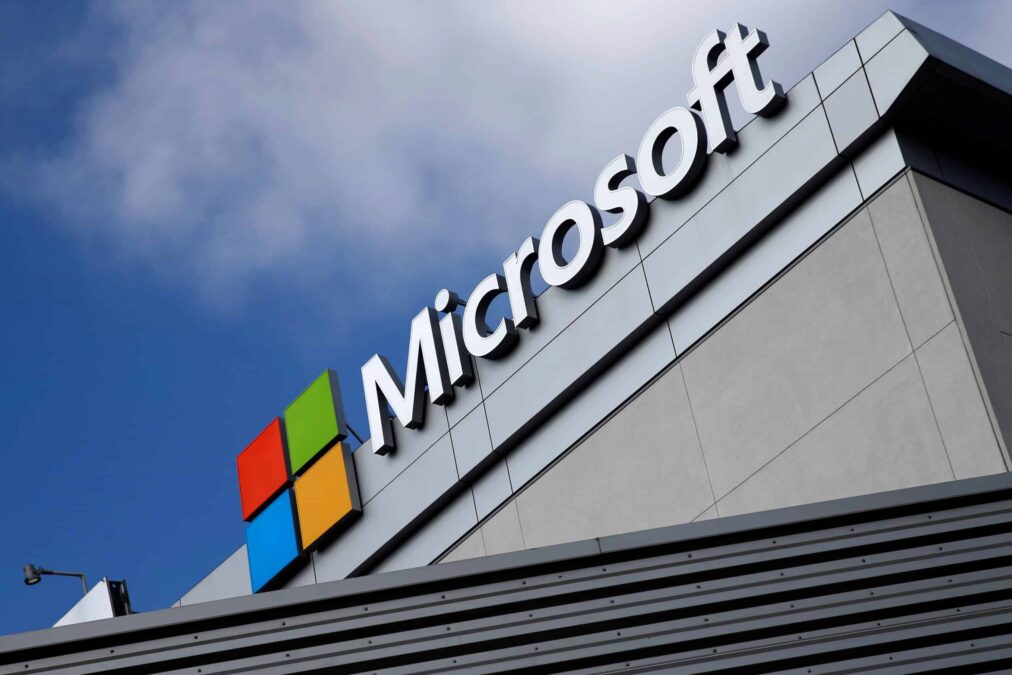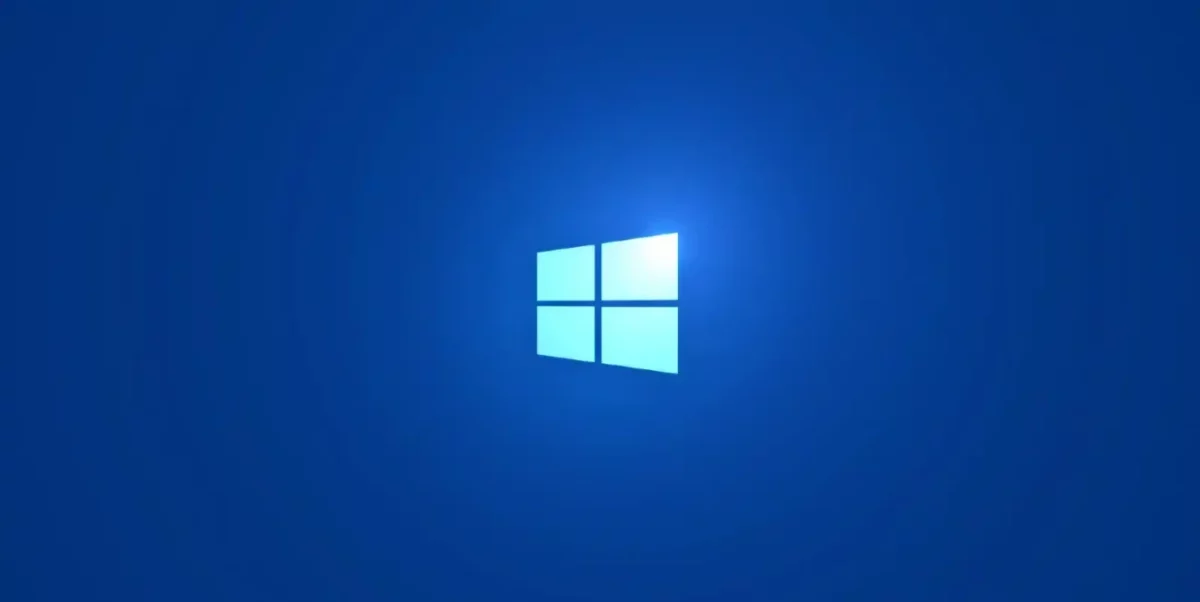Reportedly, Microsoft is working on an updated modern version of Windows called “CorePC”, allowing Windows to scale better depending on PC hardware while still supporting legacy apps.

Microsoft’s project “CorePC” allows for faster updates and more secure features
According to Windows Central, Microsoft is working on a project code name “CorePC”, which is a “modular and customizable variant of Windows” that’s been designed to work with different kinds of devices to have different sets of features enabled, resulting in a more lightweight and optimized experience for each form factor.
For instance, on some devices, Win32 apps may not be supported, but for classic desktop PCs, those will still work since they’re essential to the way those devices are used.
Similar to iOS and Android, CorePC OS will use state separation and split Windows into multiple partitions which should allow it to be more secure and update faster. State separation also gives the ability to reset devices quickly and more reliably, which is a key feature in the Education sector, a feature Google dominates with its Chromebooks.

Windows Central also claims that Microsoft is working on a version of CorePC that would compete with Google’s ChromeOS for low-cost notebooks. It states:
A version of Windows that only runs Edge, web apps, Android apps (via Project Latte) and Office apps, designed for low-end education PCs is already in early testing internally, and is roughly 60-75% smaller than Windows 11 SE.
Currently, Microsoft is working on a version of CorePC that replicates the functionality of Windows 11, but with the added state separation, which would make the operating system more secure and allow for faster operating system updates and resets.
There is also one version that is “silicon-optimized” that has reduced legacy overhead and focuses on AI capabilities.
However, Microsoft has not confirmed any of these plans and it is possible that even if these reports are accurate, Microsoft could make changes to these plans.
Furthermore, Microsoft is also planning to use CorePC for the next major version of Windows (possibly “Windows 12”) scheduled for 2024. But, the company’s alleged plans could change.
Read more:



